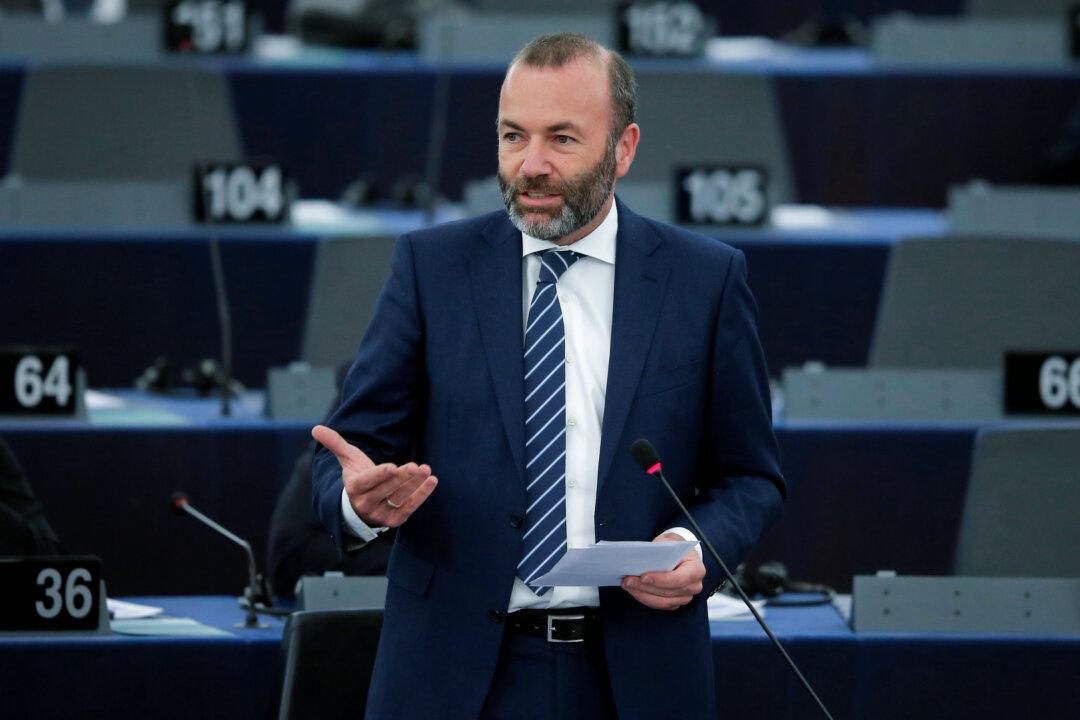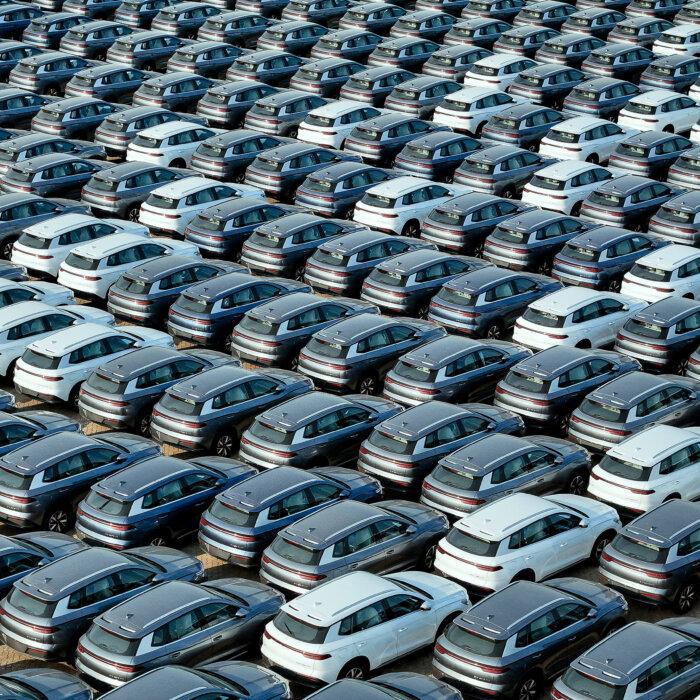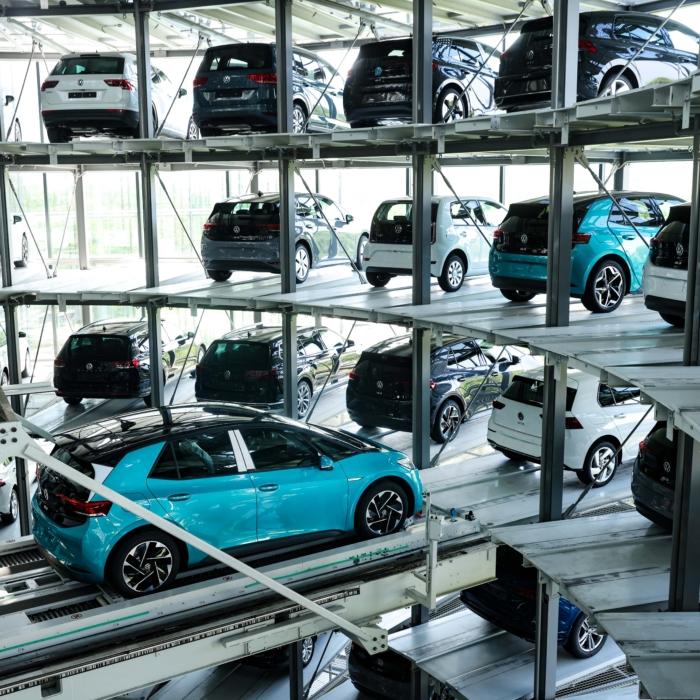The European Union needs to scrap its total ban on selling new cars with combustion engines after 2035, according to the European People’s Party Group (EEP).
“I use a classical combustion engine, with classical fuel, but then pay for storing CO2 in the soil, probably that is a business model for the future,” he said.
The Epoch Times asked the European Commission if it is considering dropping the car ban if the tech can be used to capture CO2 from vehicle exhausts.
In October 2024, the group warned that if the ban is not dropped, “driving will become too expensive for many Europeans, and we will lose countless jobs in the automotive industry to competitors like China.”
Earlier in the year, the commission proposed softening its net-zero carbon emission targets for new cars.
However, the EU has held firm on the 2035 ICE ban.
Von der Leyen said on March 4 that the EU executive arm will make a proposal that gives the industry three years, rather than only one, to meet the CO2 emission targets.
“The targets stay the same. They have to fulfil the targets, but it means more breathing space for industry,” she told a press conference.
To date, von der Leyen’s suggestions have not yet been approved as the law requires approval from the European Parliament and EU countries, who can propose further changes.
As EU CO2 reduction targets draw near, the appetite to revise or reconsider the legislation is growing stronger.
The automaker is targeting $11 billion in savings by 2026 to navigate the transition to electric cars.
‘Zero-Emission Transition Is Highly Challenging’
The ACEA board has previously stated that it is missing crucial conditions to “reach the necessary boost in production and adoption of zero-emission vehicles.”Some of the issues it listed included problems related to charging and hydrogen refilling infrastructure, a competitive manufacturing environment, “affordable green energy,” purchase and tax incentives, and a secure supply of raw materials, hydrogen, and batteries.
It stated that “economic growth, consumer acceptance, and trust in infrastructure have not developed sufficiently either.”
“As a result, the zero-emission transition is highly challenging, with concerns about meeting the 2025 CO2 emission reduction targets for cars and vans on the rise,” the ACEA stated.
It stated that the current rules “do not account for the profound shift in the geopolitical and economic climate over the past years and the law’s inherent inability to adjust for real-world developments further erodes the competitiveness of the sector.”
“This raises the daunting prospect of either multi-billion-euro fines, which could otherwise be invested in the zero-emission transition, or unnecessary production cuts, job losses, and a weakened European supply and value chain at a time when we face fierce competition from other automaking regions,” the trade body stated.







